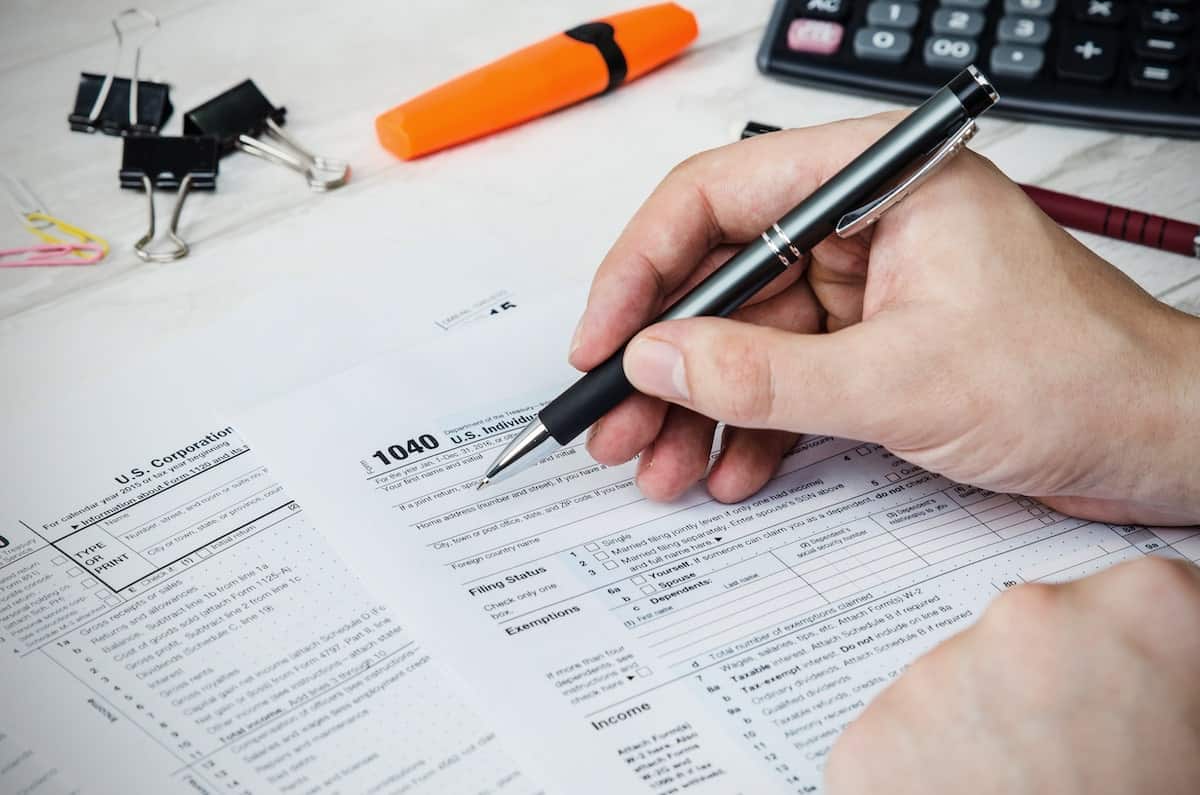We all know that a higher credit score makes it easier to get approved for an apartment. A higher score signals lower risk to landlords and property managers and increases the likelihood of landing the unit you want. But if you have a shaky credit history, you might wonder if your score is high enough to land your ideal apartment. Well Rent. has you covered. Whether you’re browsing apartments for rent in Dallas or searching for rentals in Las Vegas, here’s what you need to know about what credit score you need to rent an apartment.
What is a credit score?
Let’s start with the basics. Your credit score is a rating, ranging from 300 and 850, based on the strength of your credit history. Your credit score is important for many financial reasons and when it comes to renting an apartment, landlords can use your credit score as a quick way to quantify how “risky” of an investment you are.
A high credit score indicates low risk and a good payment history, which can make landlords more likely to approve your rental application. On the other hand, a lower credit score may lead landlords to require additional safeguards, such as a larger security deposit or a co-signer, to mitigate the perceived risk.
These five main factors determine your credit score:
- Payment history (35%): Your history of paying bills on time and if you’ve ever paid late or filed for bankruptcy.
- Amounts owed (30%): How much you owe in loans and outstanding balances.
- Average age of credit (15%): How long you’ve had your credit accounts for.
- New credit (10%): Recent credit card activity such as hard inquiries.
Credit mix (10%): Your makeup of revolving and installment accounts.

What credit score is needed for an apartment?
Generally, you’ll need a minimum credit score of 620 to 650 to rent an apartment. Landlords or property management companies want reassurance that you’re responsible and can pay your rent on time. A solid credit history and excellent credit score are two ways to show this. The general range of FICO credit scores are as follows:
- Exceptional: 800–850
- Very Good: 740–799
- Good: 670–739
- Fair: 580–669
- Poor: 300–579
Although a score of 620 would be considered a fair credit score for renting, it’s definitely not the best score you can get. If your credit falls in this range or below, there are steps you can take to improve it.
What credit score do landlords look for?
So, what credit score is ideal for securing an apartment? There’s no single number, but just to give you an idea, you’re probably going to need a 740 score or higher to rent in a hot rental market.
Most apartments have a minimum credit score requirement, but in highly competitive markets like San Francisco or New York, the criteria can be even stricter.
Can you get an apartment with a credit score of 500?
A credit score of 500 is considered poor, which means many landlords may view you as a high-risk tenant. This could make it challenging to secure an apartment. If your credit score is this low or you lack credit history, consider finding a guarantor to co-sign the lease, as this can help reassure landlords and improve your chances of approval. You could also look for smaller, privately owned rental properties, where landlords may be more flexible with credit requirements. Additionally, offering a larger security deposit or several months’ rent upfront may convince a landlord to take a chance on your application.
How to raise your credit score
If you want to raise your credit score before you search for an apartment, here are some quick tips to help you out:
- Pay your bills on time: Consistently paying your bills on time can help improve your payment history, the biggest factor in determining your credit score.
- Pay more than the minimum amount: To improve your credit utilization ratio, aim to pay off as much as you can afford instead of the minimum payment (or the entire amount if possible).
- Don’t close old cards: Older credit cards can improve your average age of credit, an important factor in your credit score.
- Sign up for a secured credit card: Secured credit cards can help you establish or improve a low credit score for renting an apartment. Secured credit cards report to all three credit bureaus and your history will be included in your credit report.
- Avoid excessive credit applications: Each credit inquiry you submit is recorded, and too many in a short period of time can lower your credit score.
Ask your landlord to report on-time payments: If you’re currently renting, ask your property manager if they can report your on-time rental payments to the bureaus.

Financial factors landlords look at beyond your credit score
In addition to looking at your credit score, landlords also want to review your credit reports for red flags. Landlords want to be able to accurately assess the risk of renting to you, so they’ll likely look at more than just your credit score to rent to you. Other facts they might look at include:
- Late credit card and rent payments
- Accounts in collections
- Recent hard inquiries
- Bankruptcy filings
- High debt payment amounts (in comparison to stated income)
Your credit score plays a major role in securing an apartment, but it’s not the only factor landlords consider. Understanding what impacts your credit and taking steps to improve it can significantly boost your chances of approval. By staying informed and proactive, you can navigate the rental process more confidently and find the right home.













